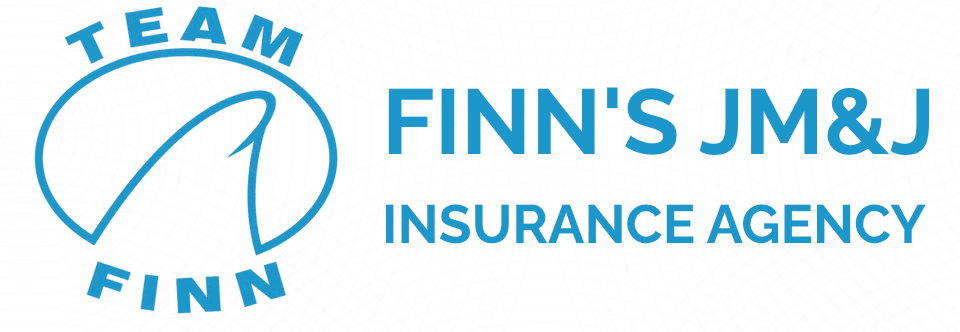Have you ever found yourself with every intention of purchasing life insurance, yet somehow you never quite get around to doing it? If this sounds familiar, you're certainly not alone. Many of us have been in the same boat, and it's more common than you'd think. It's easy to dismiss this hesitation as mere procrastination or neglect, but there are actually deeper psychological factors at play.
Normalcy Bias: A Comforting Misunderstanding
One psychological tendency that holds many back is normalcy bias. This is the belief that things will continue as they are, which can prevent us from preparing for emergencies that seem unlikely but are entirely possible. Imagine not purchasing life insurance because, up until now, everything has been fine—it's a relatable scenario. However, emergencies can happen to anyone, and failing to plan for them can be costly.
Optimism Bias: Underestimating Risk
Another reason people delay is a cognitive bias known as optimism bias. This is the tendency to believe that we are at less risk than others for serious situations like illness or loss. This skewed perspective can lead us to delay or even completely avoid obtaining life insurance. The thought of “it won't happen to me” is reassuring but ultimately leaves us vulnerable.
Cost Misperception: The Overestimation Trap
Finally, there's cost misperception. It's surprising to learn that 72% of Americans overestimate the cost of life insurance. This misconception can act as a significant roadblock, despite the reality that many policies are more affordable than assumed. Understanding the true cost of life insurance can transform hesitation into action.
Recognizing these psychological tendencies is the first crucial step towards overcoming them. Once we understand our mental patterns, we can take more confident and informed steps toward financial security. Whether it’s reaching out for a quote, researching policy options, or simply starting a conversation about life insurance, there's no better time to ensure that you and your loved ones are protected.

